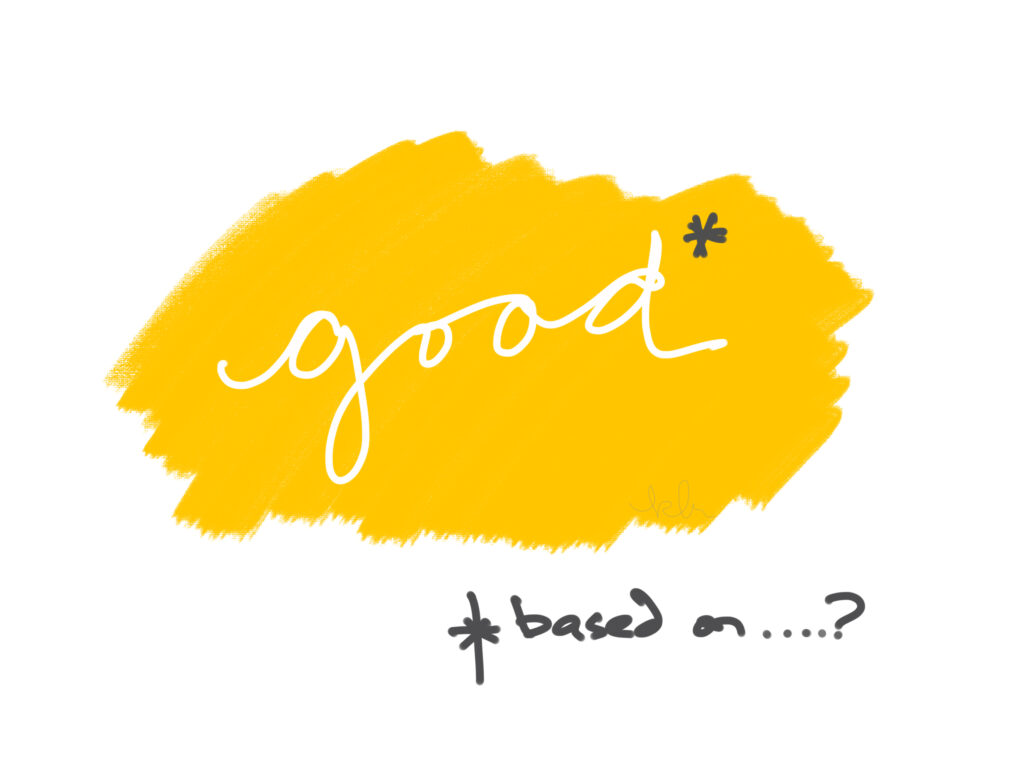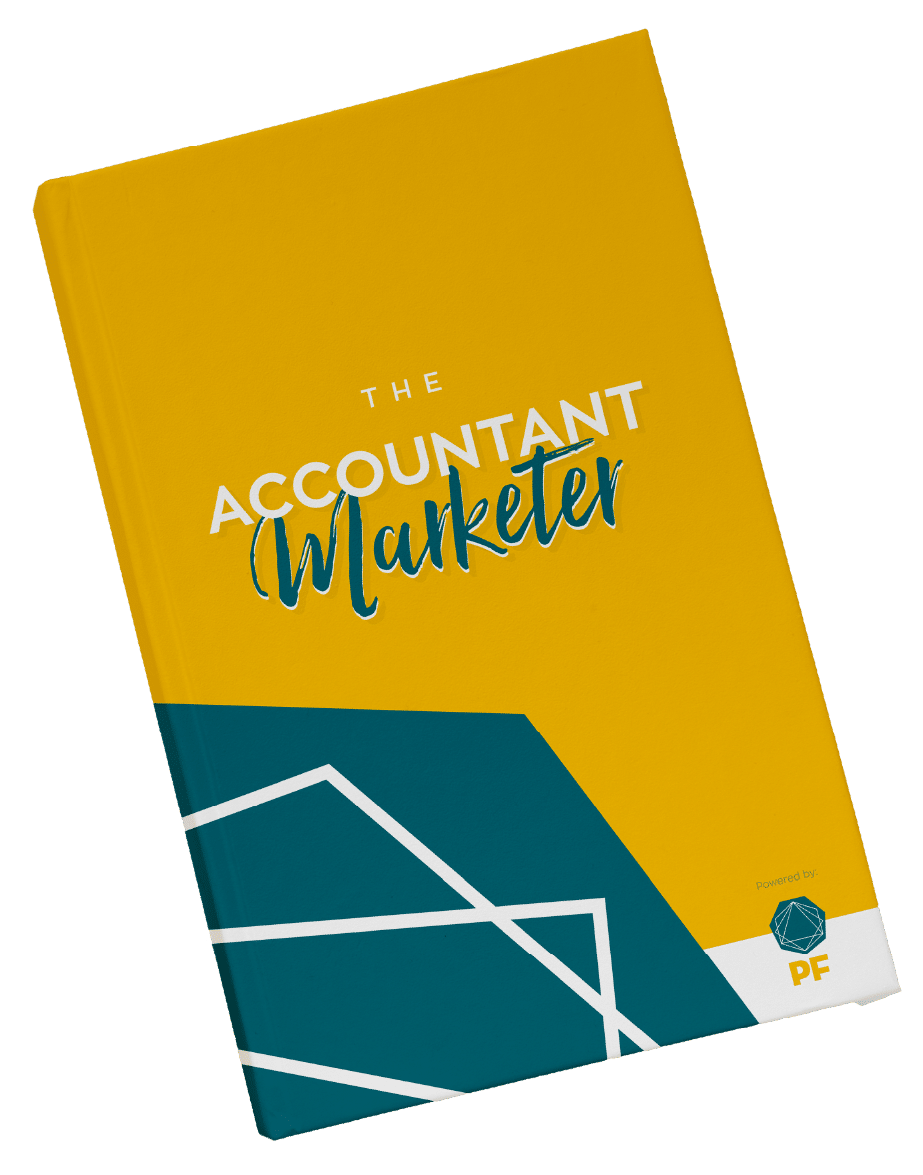`
“Ohh, that book is really good!”
I believe that’s one of the least helpful things you can tell someone when they ask if a book is good, or a film, or a restaurant, or anything.
A true recommendation isn’t about telling someone to have your same experience: it’s about understanding what, about that experience, impacted you – and then they can make their own judgement.
For a while now I’ve been practising not telling people “this book is good” or “you need to watch that show”.
It’s actually not very helpful. If I say a book is “good”, I usually mean something like…
…it fit with things I’ve been considering and helped me with those
…it challenged me in areas I hadn’t thought about yet
…the characters intrigued me
…the food fit with my palate or preference at the time
If I say “I didn’t like that show”, that’s okay for me to have that opinion. Maybe it’s not my style or I prefer something slower or faster, or the topic didn’t intrigue me. Maybe I found some of the main characters annoying.
But it doesn’t mean my opinion is your opinion, or someone else’s.
It’s actually lazy to tell people something “is good”. It presumes we are (all of us, every person I speak to) on the same page. We have the same beliefs and would agree that this is good and that is bad.
Using that approach, when someone says “this is good, you’ll love it”, what they may mean is “I agreed with this and liked it and if you feel the same about these things you will too”.
It’s like art. Honestly, I don’t really think the Mona Lisa is “good”. I’m sure there are plenty of artists or professors or historical experts who would massively disagree with me, but I’ve never liked the painting. I think she looks odd, not mysterious. The painting was so very small when I saw it, and I was expecting something massive in size. I don’t get the hype. Maybe it’s because there is hype – I know I’m the kind of person to avoid agreeing with everyone simply because they’re agreeing.
To be fair there are probably loads of people who wouldn’t say the Mona Lisa is “good” – they’d talk about Da Vinci’s mastery of style, or type of painting technique. It was highly regarded at the time. Da Vinci was a genius. The painting was stolen and was lost for two years so it got notoriety because of that.
I’ve actually discovered more about the Mona Lisa by doing a quick search in order to write this Note, than I ever did by staring at it when I visited the Louvre many years ago!
The point is, I’m not interested in whether you think the Mona Lisa – or my book, or the new Wonka film, or strawberry ice cream, or a certain kind of chocolate – is good.
I’m interested in why you think that. Where it comes from. What is similar to it which you’d consider not to be so good. What painting do you like instead? What didn’t intrigue you about the film?
After all, I’m not a big ice cream fan. I don’t even really like chocolate (except dark chocolate, which I love). So I’m not going to tell you this chocolate was “good”, because if you love milk or white chocolate, we’ll likely disagree.
I’ve had people say “this is amazing” about a book, or a film, or an event – and I didn’t like it at all. Or “best book ever” and I started reading it and went ehhhhh…
Conversely, I’ve read books which have quite literally changed my life, because of what I was dealing with or going through at the time. Which someone else might not be, and so they might think “Yea it was okay” but not see the impact I did.
A book we read as a team several years ago was No Rules Rules, about the Netflix culture. They have a “context over control” concept which suggests that instead of giving specific rules (“this book is good that one is bad”), you give context, and let the person use their own judgement.
This way you’re not “recommending” it wholesale, but you do recommend it with context. In terms of what it covers and how it addresses things and what you learned.
I’m finding it more helpful to say things like:
“I liked it because…”
“It made me think about…”
“I was fascinated by….”
“I didn’t love / was annoyed by….”
“It reminded me of….”
“After reading it I decided to…”
Or, I can ask you questions:
“Is [topic] something of interest to you right now?”
“What intrigues you about it?”
“What have you been reading lately?”
“What kinds of things matter to you right now?”
and then you can make your own judgement.
What i’d love to hear from you this week is:
What are you appreciating as “good” right now, and what about it intrigues you?



